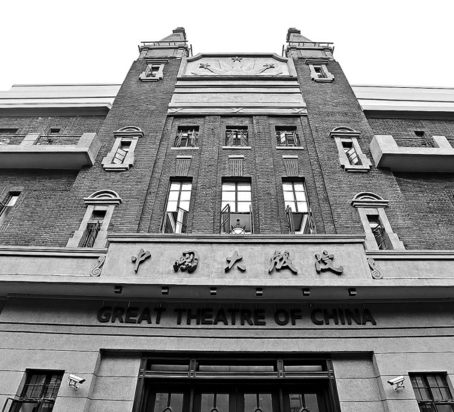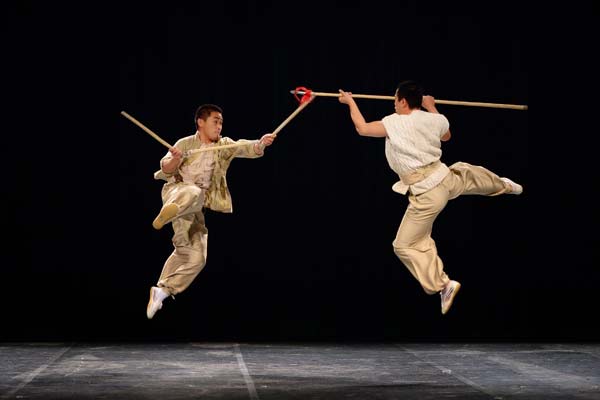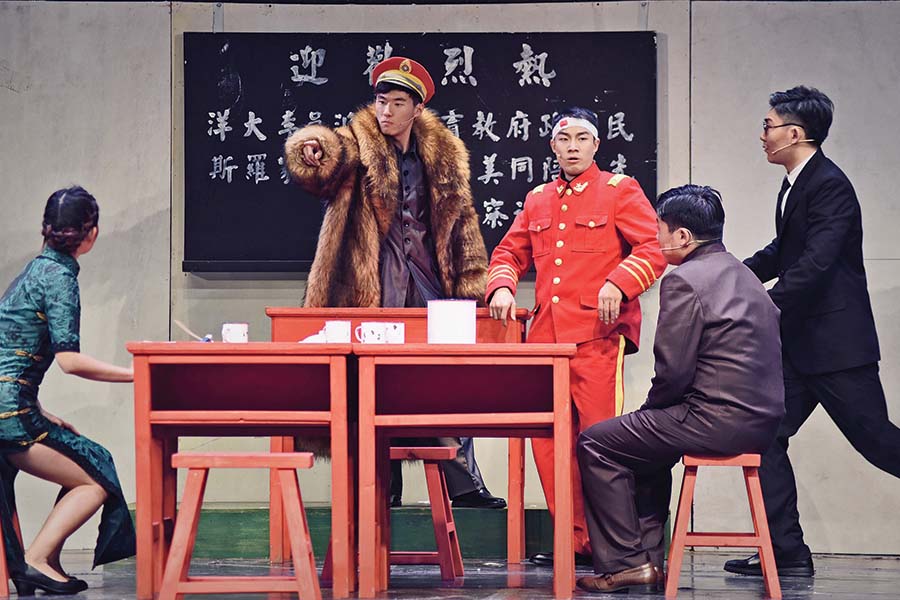Source: China Daily (5/26/18)
Historical theater makes a comeback
By Zhang Kun in Shanghai

The facade of the Great Theater of China in Shanghai. Provided to China Daily
The 88-year-old Great Theater of China in Shanghai was reopened on May 16 after two years of renovations.
Located near People’s Square at 704 Niuzhuang Road in downtown Shanghai, the facility was built in 1930 as a prime venue for Peking Opera performance. Famous artists such as Mei Lanfang, Ma Lianliang and Meng Xiaodong used to sing in the theater, which was known as one of the “Top Four Stages” of Peking Opera.
The building was listed as a protected historical structure by the municipality in 2005. Huangpu district authorities later made the decision to renovate the building in 2012. The Ever Shining Cultural Group, the operator of the theater, invited RHWL Architects from Britain to work alongside a Chinese team for the renovation. Continue reading Historic Shanghai theater makes a comeback






